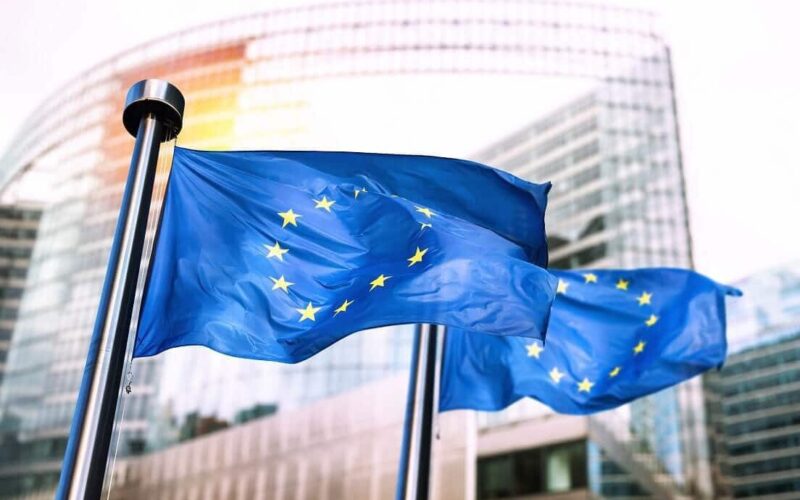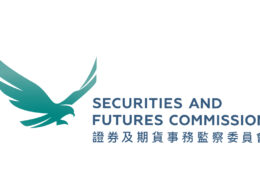The European Union (EU) is taking steps to enhance administration processes in its member nations by implementing digital strategies, according to a new Commission paper. The report emphasizes the digitization of processes as a crucial aspect of modernizing age-old bureaucracies and achieving contemporary standards for public administration.
Effective Networking for Improved Administration
The EU has adopted a guideline called the Communication on Enhancing the European Administrative Space (ComPAct), which focuses on strengthening cross-country partnerships to address various challenges within the continent. By promoting effective networking, the EU aims to improve public administration and foster collaboration among member states.
Quote: “Today’s Communication also recognizes the pressures faced by public administrations caused by external shocks, difficulties to recruit and attract talent, and to build expertise on increasingly complex topics, such as the green and digital transitions.” – EU Commission Paper
Blockchain as a Catalyst for Transparency and Efficiency
The EU has long advocated for the use of blockchain technology to enhance transparency in processes and facilitate cross-border payments. The underlying technology of cryptocurrencies offers a comprehensive solution for regional and local public administration, bringing benefits to citizens and supporting investments towards green and digital transformations.
Quote: “A less bureaucratic and transparent method of administration, hinged on digital technology, will save citizens in its 27-member states billions of euros annually.” – EU Commission Paper
While the paper does not explicitly mention blockchain technology, the EU has consistently supported its use as a digital solution.
EU: A Leader in Blockchain Adoption
Europe is at the forefront of blockchain adoption, with the EU leading the way in global implementation. The EU has allocated €11.2 billion for digital services as part of a €39 billion budget, dedicated to a comprehensive digital transformation agenda.
The Commission’s strategy includes key areas such as digital identity, data protection, interoperability, cybersecurity, and environmental protection, setting a standard for implementation across member states.
Quote: “It is important that a standard legal regime is established to facilitate widespread adoption in many countries. The Markets in Crypto Assets (MiCA) regulation serves as a landmark effort towards global cryptocurrency regulation, providing a uniform template for the issuance of crypto assets and licensing digital asset firms across the continent.” – EU Commission Paper
The Commission has increased its funding for emerging technologies, including distributed ledger technology, and offers grants specifically tailored to support blockchain developments.

















